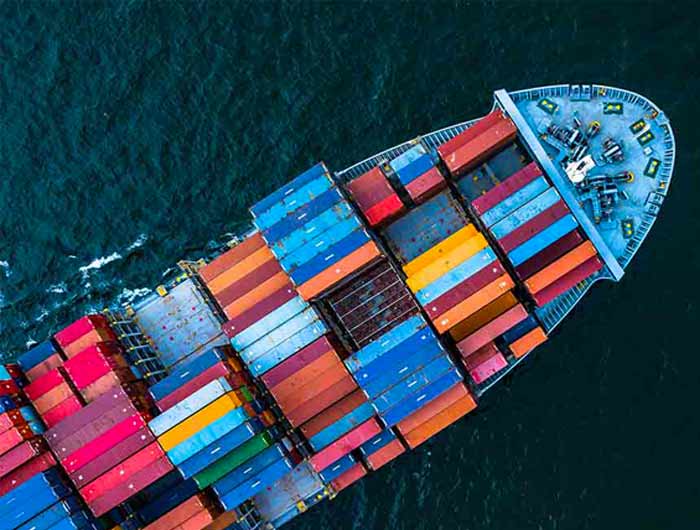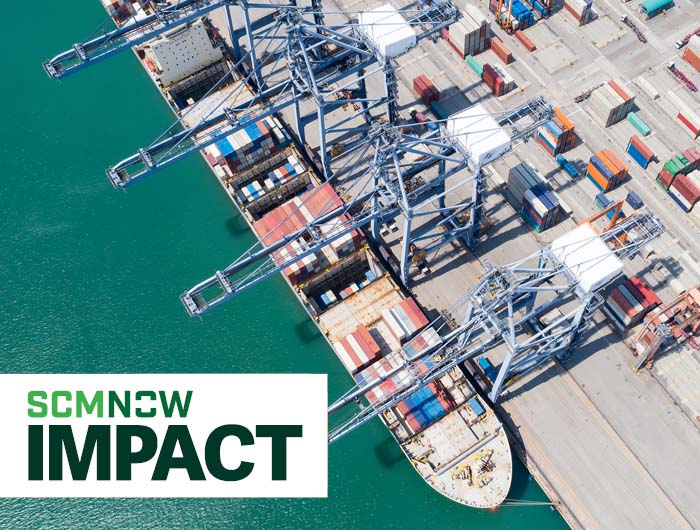In the United States, next on the Trump administration’s legislative agenda is the budget. Republican leaders have proposed an overhaul to the U.S. tax system, and manufacturers large and small are weighing what it means for them.
According to a March 15 article from The Wall Street Journal, House Republicans have offered a “border adjustment,” which taxes imports but not exports. This is included in the plan to lower the corporate tax rate. “Mr. Trump has separately talked about a border tax targeted at companies that move jobs outside the U.S. and then ship products back in,” write John D. Stoll and Chester Dawson.
Stoll and Dawson’s article focuses on implications for the auto industry. Some experts, including those at the Center for Automotive Research, warn that border taxes will increase the average price of a vehicle by about $2,000 or 5 percent. However, auto industry leaders disagree and suggest they will absorb the costs while trying not to raise prices.
Carlos Ghosn, who leads the Renault SA/Nissan Motor Co. alliance, said in an interview with The Wall Street Journal, “The last thing you want to do is to adjust your price.”
Some suppliers will move manufacturing to the United States to avoid the increased taxes. However, these moves could present significant challenges. For example, Delphi Automotive can’t quickly shift production of labor-intensive, cheap commodity goods, such as automotive wire harnesses and bundles of electrical cables.
The tax revamp also affects aerospace manufacturing companies and their suppliers. “Aerospace components often zigzag through multiple countries and companies before reaching Boeing’s factories in Washington and South Carolina,” Alwyn Scott writes for Reuters. “Boeing, the top exporter among U.S. manufacturers [and a supporter of the plan], would export its jetliners tax free.”
Some of Boeing’s largest suppliers, including United Technologies, General Electric and Honeywell International, also favor the tax package. Trump’s plans cut the corporate tax rate from 35 percent to 20 percent and make capital investments immediately deductible.
Smaller aerospace suppliers are less sure that they will see immediate benefits. Scott uses the example of Boeing supplier Norfil Complex Machining, which makes landing gear that is then assembled in Japan. Norfil, a 40-person operation in Washington, relies on titanium imported from Russia.
“Boeing said it was too soon to judge the plan’s effects on suppliers and so far it appeared likely to benefit the industry as a whole rather than disrupt the supply chain,” Scott writes.
Benefits and drawbacks
In a global economy, risks and rewards can come from many entities, including governments. Consider the importance of supply chain continuity, defined in the APICS Dictionary, 15th edition, as follows: “An organization’s strategic and tactical capability to plan for and respond to conditions, situations, and events as necessary in order to continue supply chain operations at an acceptable predefined level.”
What do these proposed tax changes mean to your existing operations and supply chains? Earning your APICS certification—whether the Certified in Production and Inventory Management; Certified Supply Chain Professional; or Certified in Logistics, Transportation and Distribution—ensures that you have proven skills and a mastery of your field. An APICS certification demonstrates to your employer and your peers that you have the skills to navigate changing regulatory environments while getting products to customers. Learn how these certifications might advance your operations and your career by visiting http://www.apics.org/credentials.

03.31.17


